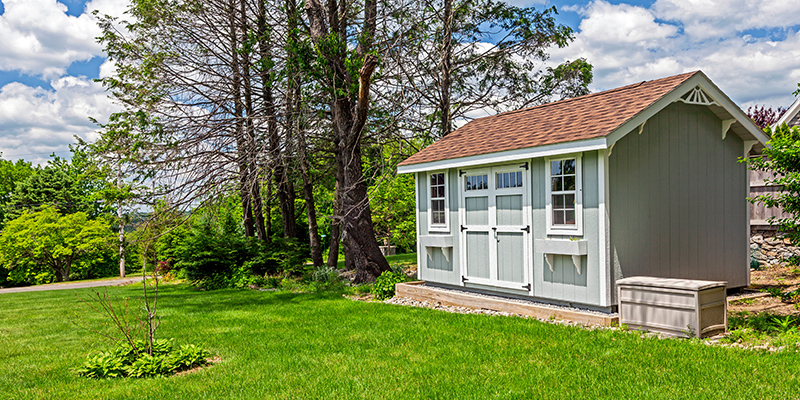HOA Board Email Discussions Allowed By Appellate

An appellate court recently ruled that an HOA board email correspondence was not a "board meeting" under the Civil Code Section 4090. It was also not considered a violation of Civil Code Section 4910.
Browse By Category
Sign up for Our Newsletter
An appellate court recently ruled that an HOA board email correspondence was not a “board meeting” under the Civil Code Section 4090. It was also not considered a violation of Civil Code Section 4910.
Email and the Open Meeting Act
Under California law, there is a transparency regulation called the Open Meeting Act. More specifically, Civil Code Section 4190 bars board members from acting outside board meetings, unless it is an emergency. It also prevents them from conducting meetings through electronic mail. This has prompted homeowners associations to hold in-person discussions instead of deliberating on HOA issues via email.
However, The Court of Appeals for the Fourth Appellate District presented its view in LNSU #1 LLC v. Alta Del Mar Coastal Collection Community Association on August 25, 2023. The case involved a 10-unit HOA, with two homeowners challenging board discussions over email.
The court ruled that the email exchange was not a “board meeting” as defined by Civil Code Section 4090 because it included teleconferences and in-person gatherings. It was also ruled as such because the emails did not constitute a congregation of the board. Furthermore, the court judged that the HOA board email discussion did not violate Civil Code 4910’s prohibition of acting outside board meetings. This may set a precedent throughout California.
HOAs Should Stay Cautious
Regardless of this precedent, HOA boards and managers should avoid meeting via electronic mail. This is because the case presents a new interpretation of “board meeting.” Other California appellate courts may disagree or interpret it differently. Moreover, the Supreme Court may overrule the ruling.
In addition, email exchanges are not open to member inspection and are not included in an HOA’s official documents. The board may sacrifice transparency and promote distrust in the community. Moreover, emails can serve as evidence unless they involve legal counsel. Hence, subpoenas or demands from litigation disclosures may compel the board to disclose them. They can become a permanent log of what the board members say.
Furthermore, refraining from using email protects the board members from working 24 hours, 7 days a week. The recipients of these emails will feel less pressured or harassed by a flurry of emails during all hours of the day. This new appellate court ruling should not encourage HOAs to discuss community matters over email. They may, however, consider using it to relay information. Meanwhile, discussions should be reserved for board meetings.
Trending Now
Related Article
Sign up for Our Monthly Newsletter
Sign up below for monthly updates on all HOA Resource
















